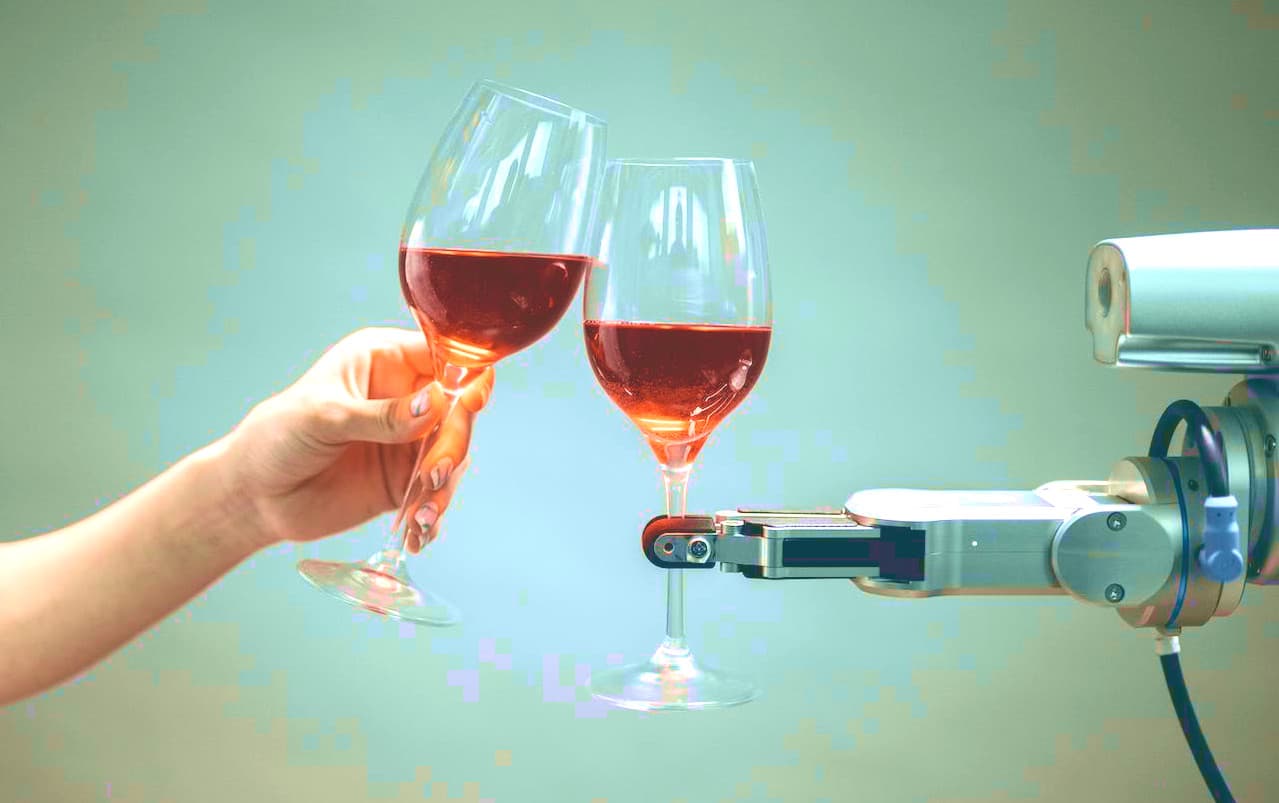The development of artificial intelligence (AI) in the modern world has revolutionized the way various professionals function in their respective fields. From healthcare to finance, AI has been widely adopted and leveraged for its ability to analyze vast amounts of data and provide predictive insights. Healthcare professionals use AI to analyze patient data to help with diagnosis and treatment, while finance professionals use it for fraud detection and predicting market trends. Additionally, fields such as engineering and manufacturing have found AI beneficial in streamlining operations and improving efficiency. With the continued growth of AI technology and its capabilities, it’s likely that more professionals will increasingly leverage it to optimize their work and provide better outcomes.
Developers
Expertise in coding is critical in app development, but it’s not a one-size-fits-all solution. Developers can benefit significantly from integrating AI in their work by automating repetitive tasks like testing. By leveraging AI testing frameworks, developers can save time and ensure their code is working effectively. Additionally, AI-generated code can be used to simplify repetitive coding tasks, freeing developers from basic coding slogs and allowing them to focus on more sophisticated programming tasks.
Quality Analysts
AI bots can analyze thousands of test cases and artifacts to locate and recover critical code issues that can be challenging to detect manually. Quality analysts can benefit from AI algorithms that can automate routine rechecks and allow for more comprehensive testing. This saves time, reduces human error, and increases overall product quality.
Project Managers
Artificial intelligence is not only beneficial for developers and UX designers. Project managers can use AI tools to predict timelines better and compare them with other projects to analyze potential bottlenecks. By optimizing project management processes and allowing for agile development, AI helps project managers keep track of deadlines and ensures timely completion of projects.
Data Scientists
Data scientists are constantly looking for ways to collect and analyze large amounts of data efficiently. By leveraging AI algorithms, data scientists can automate the data collection and analysis process, making their work more efficient and effective. AI algorithms can process massive amounts of data in a very short time and make predictions with high accuracy rate.
Professions that artificial intelligence will never be able to replace
Although the use of artificial intelligence (AI) has grown at an astonishing pace, there are a few professions that it may never be able to replace. These could be the careers whose impact is too great to be replicated by machines, such as doctors, nurses, and healthcare providers. Although AI can be used to assist in diagnosing patients, their ability to connect with and understand a patient’s needs is a unique skill that only healthcare providers possess. Similarly, teachers who not only impart knowledge but also play a crucial role in shaping the future of their students are unlikely to be replaced by AI. Professions requiring imagination, creativity, and complex decision-making such as artists, writers, and designers also fall into the category that AI is unlikely to replace. Despite the many advancements in technology, the human touch remains integral to many professions.
Why AI is no substitute for a good chef
Artificial Intelligence, or AI, has come a long way in recent years. From speech recognition to image analysis, machines now perform functions that once required human intervention. Despite such advancements, AI still lags far behind human intelligence, especially in areas that require creativity and emotional understanding. Cooking, for instance, is one such domain that cannot be fully automated. While machines can certainly chop vegetables or cook rice, they lack the nuanced understanding of ingredients and flavors that a human chef can provide. The best chefs mix flavor, texture, and aroma to craft meals that not only satiate the body but also nourish the mind and soul. Automated cooking, on the other hand, can only provide a generic experience that lacks the personal touch of a skilled human chef. Furthermore, AI cannot understand the cultural significance of certain dishes or respond to the unique preferences of guests. In short, AI may be a useful tool for cooking but it can never replace the human ingenuity and experience of a good chef.
Impossibility to use AI in the production of forged products
Artificial intelligence has revolutionized many industries, but unfortunately, its use in the production of forged products remains an impossibility. The reason lies in the complexity of the forging process, which continues to require the expertise of skilled individuals. Despite developing algorithms and models that can simulate some aspects of the forging process, the lack of experience and intuition of AI systems significantly limits their capabilities. Nevertheless, continuous advancements in technology leave room for hope that AI will one day be able to aid in the production of forged products. For now, though, we must rely on the knowledge and skills of human professionals to guarantee the integrity and safety of forged products.
Theoretical possibility of creating a development company in which development will be performed by artificial intelligence
The possibilities of artificial intelligence never cease to amaze us. We’ve seen AI create art, compose music, and even write stories. But what if we take it to the next level and let AI perform software development? The idea may sound far-fetched, but it’s not impossible. Imagine a development company where the software is created by machines, speeding up the process and increasing accuracy. With the help of AI, development could be done faster, cheaper, and with fewer errors. It’s an exciting prospect, and who knows what the future holds. Maybe one day we’ll marvel at how far AI has brought us.

